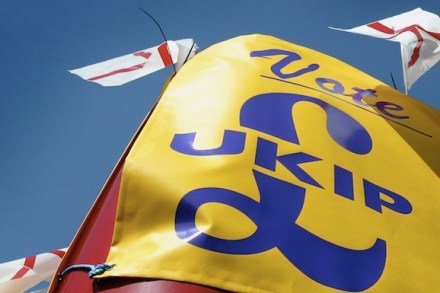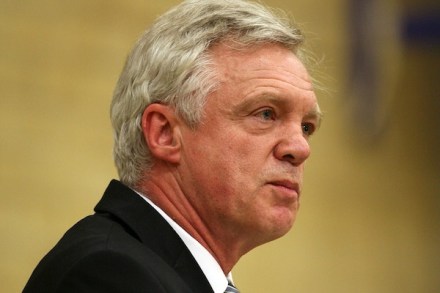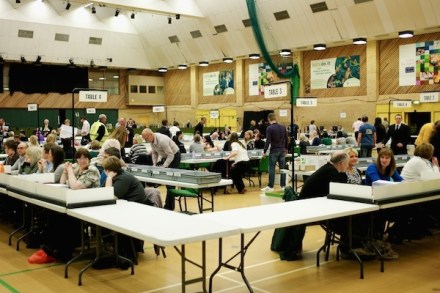Downing Street’s class divide
Last week I chided those in SW1 who were criticising David Cameron for appointing yet more Old Etonians to his staff without first checking their own teams for signs of blue blood. Now news reaches me that Downing Street has not done much to counter the original charge. Etonian stereotypes were alive and well during Jo Johnson’s first meeting with the government’s special advisers. A humble state educated aide could not help but notice that all the OEs gravitated to one side of the table. ‘Jo Jo’ was joined by Cameron’s chief-of-staff Ed Llewellyn. And when Rupert Harrison, the chancellor’s brain, entered the room, he was drawn to the ‘right side’. It




















